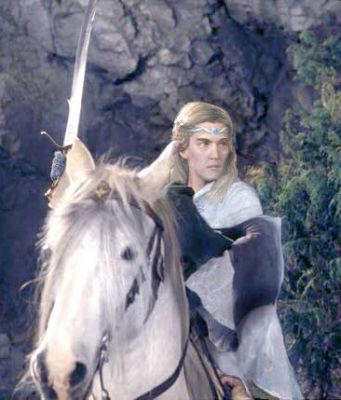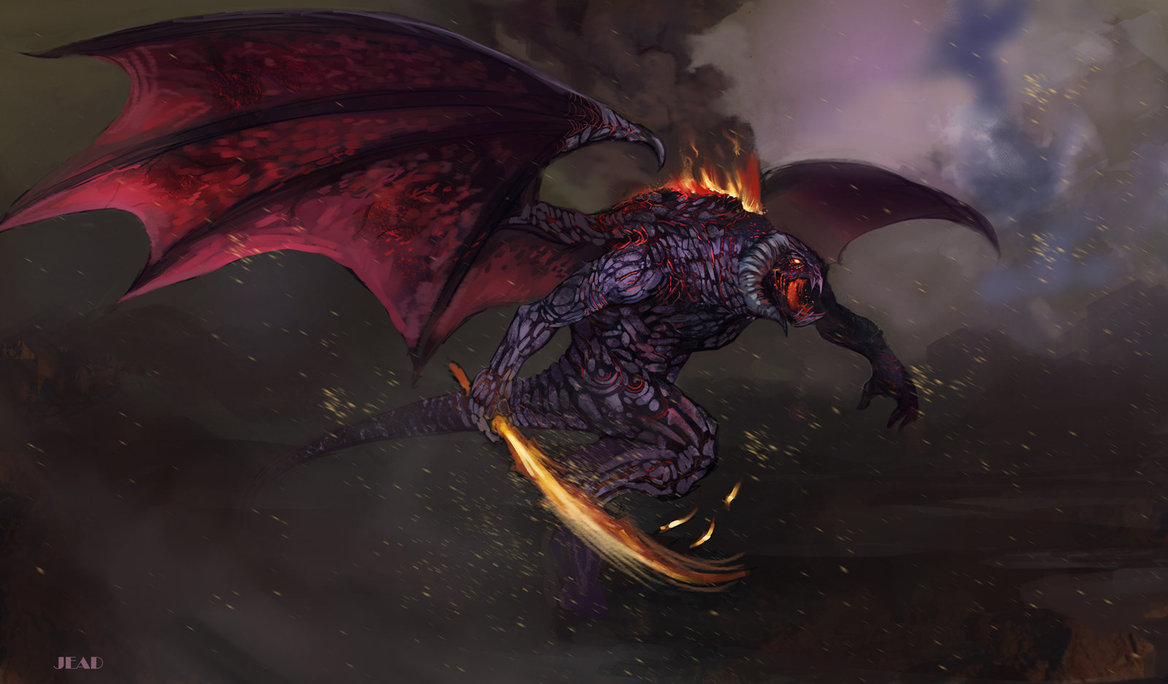
Glorfindel
...and the curious case of the two Glorfindels

What was the ultimate fate of Glorfindel? Were Glorfindel of Gondolin and Glorfindel of Rivendell one and the same person?
The only real indications in The Peoples of Middle-earth (The History of Middle-earth Vol. 12): XIII Last Writings, Glorfindel. Christopher Tolkien dates the notes he gives here at 1972, the year before his father's death.
These notes clear up one question immediately: at the time of the writing of The Lord of the Rings, Glorfindel of Rivendell was not conceived as the same character as Glorfindel of Gondolin. Tolkien says, 'Its use [i.e. the name 'Glorfindel'] in The Lord of the Rings is one of the cases of the somewhat random use of the names found in the older legends ... which escaped reconsideration in the final published form'.

Tolkien was far from happy with this state of affairs, however, and it seems that he intended to reconcile the problem by uniting the two strands of the story. In summary, the notes tell us that Glorfindel's spirit returned to the Halls of Waiting, but was after a time re-embodied by the Valar. He then returned to Middle-earth (either in the mid-Second Age or as a companion of the Istari in the Third). For the full story of his return, refer to The Peoples of Middle-earth.
The question of Glorfindel's identity, then, brings us to a much wider, and highly relevant, question. Can we accept a writer's personal notes, whether written in preparation for a published work or simply for personal satisfaction, as part of that writer's 'canon'?
The importance of this question is highlighted by the essay entitled The Problem of Ros in the same volume of The History of Middle-earth. This is an extensive disposition on the origins and meaning of the syllable "ros" in names such as Elros. The details need not concern us here: what is relevant is the fact that, after its composition, Tolkien noticed a detail in the published Lord of the Rings that essentially negated the discussion. He dismissed the body of The Problem of Ros with four words; 'most of this fails'.
But what if he hadn't noticed this inconvenient fact (that Cair Andros had already been interpreted, and disagreed with his conclusions)? What if he had noticed, but had failed to record the fact? Would The Problem of Ros now be considered part of the 'Tolkienian' canon in the way that many regard the notes on Glorfindel? Questions like this show that we cannot simply take such notes at immediate face value.
Despite this, the Glorfindel notes lead many to see his re-embodiment and return to Middle-earth as 'fact'. The purpose of this note is to show that we cannot view these 'events' in such concrete terms. This is the reason that the 'two Glorfindels' are often referred to as separate characters. This is not because we cannot believe that Tolkien saw them as different embodiments of the same character (there are strong indications that he did), but simply because there is no definitive, published, proof of this.
(Text freely inspired from the Arda Encyclopedia)
©N.Richards -10/2005